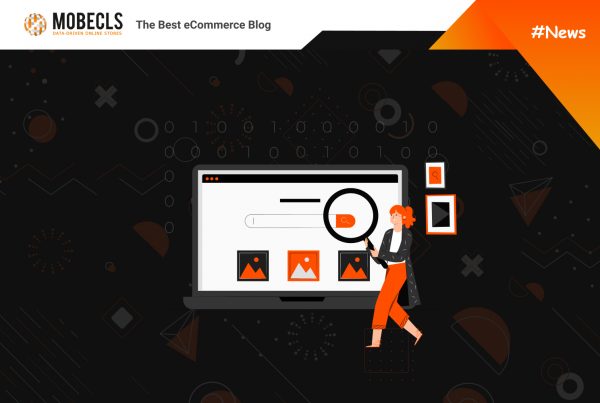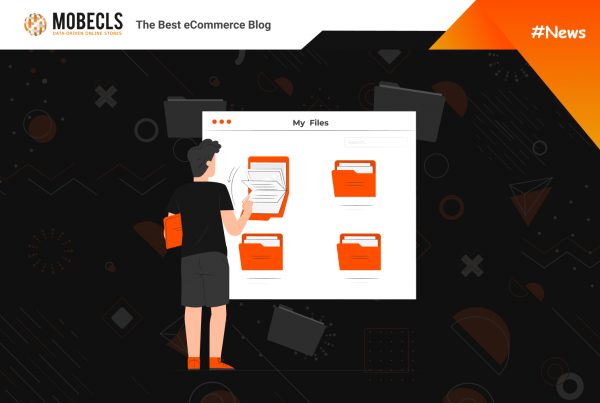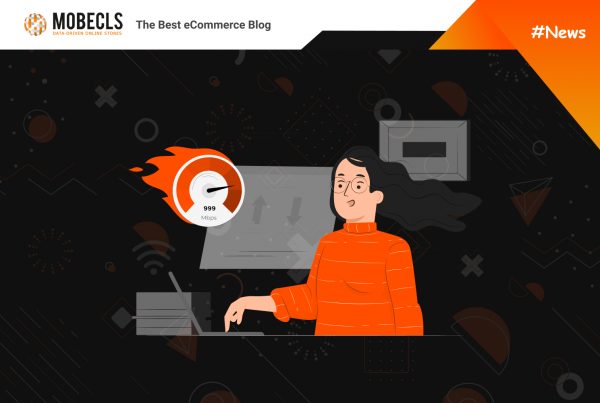Since 2008, Magento has been proving that it’s one of the most powerful eCommerce platforms for any business, starting from small to enterprise levels. However, considering Magento as your future or next eCommerce solution is only half the battle. You have to make one more important decision and decide what edition will be the best for you: Magento Open Source or Magento Commerce. In this article, I’ll highlight the key differences between these two options and help you to make your choice.
Magento Open Source
Numerous small and medium merchants prefer Magento Open Source due to its rich built-in functionality, open-source nature, great opportunities for customization and scalability. All these qualities allow them to compete with big online retailers at the same level. By the way, Magento Open Source is absolutely free to use.
Although Magento Open Source is associated with small and medium online stores, lots of enterprise clients tend to use this edition as it’s more lightweight. There are no heavy built-in modules, and it doesn’t require license renewal, which is quite costly. Usually, big merchants use Magento Open Source to develop customized solutions on its basis. If you have a good tech team, a free Magento edition can beat Commerce edition and other eCommerce platforms.
Magento Open Source provides an advanced built-in feature list, compared to any other eCommerce platform:
- Marketing, Promotions and Conversion Tools
- Search Engine Optimization (SEO)
- Site Management
- Catalog Management
- Catalog Browsing
- Product Browsing
- Checkout, Payment & Shipping
- Order Management
- Customer Accounts
- Customer Service
- International Support
- Analytics and Reporting
- Mobile Commerce
Big Brands Powered by Magento
Magento Commerce
Although the core features of both editions are the same, Magento Commerce offers its users more advanced once.
Magento Commerce provides better on-site search capabilities with Elastic Search. Nevertheless, the prevailing part of merchants uses third-party solutions like Klevu or Algolia. That’s why it’s hard to consider built-in Elastic Search as a solid advantage over Magento Open Source. However, Magento is constantly working on improving on-site search for Commerce edition in areas like machine learning, merchandising, etc.
The best selling point of Magento Commerce is a comprehensive B2B functionality. Moreover, none of the eCommerce platforms can boast with such an advanced wholesale toolkit:
- Quote request management
- Negotiation functionality
- Payments on credit
- Customer-specific payment options
- Company accounts
- Quick orders
- Multi-source inventory
That’s not the whole list of features, but it already sounds solid. As Magento is an open-source CMS, you can extend and enhance the existing functionality to meet your business needs and specifics.
Page Builder is one more top feature that is available only for Magento Commerce users. This tool makes content and page management more effective with a user-friendly drag-and-drop interface. Merchant can easily build necessary components on the pages of their websites for better customer journey and experience. The best thing about it is that Magento makes it better from patch to patch and the last is not an exclusion.
Content management is not a new feature, but it has become much better and more user-friendly, compared to previous years. The feature allows previewing content changes, scheduling changes/tasks and content itself. Moreover, advanced content management is one of the main merchants’ requirements for eCommerce platforms.
One more feature that stands out Magento Commerce from its competitors is Visual Merchandising. It helps to position products and set conditions that determine the way products appear in category listing.
Magento Commerce also has a wide range of Advanced Marketing Tools such as customer segmentation, abandoned cart emails, gift registry, private sales, rewards points and store credits.
Is it worth choosing Magento Commerce over Magento Open Source to have features? Let’s compare some more aspects to answer this question.
Magento Commerce vs Magento Open Source: Final Words
Magento Commerce license cost starts from $22,000 per year and increases depending on the merchant’s turnover:
- $0 – $1 million ~ $22,000 per year
- $1 – $5 million ~ $32,000 per year
- $5 – $10 million ~ $49,000 per year
- $10 – $25 million ~ $75,000 per year
- $25 – $50 million ~ $125,000 per year
The license includes 24/7 support, which includes bug fixing and regular updates. However, you have to invest in hosting (except Magento Commerce Cloud), development and customization of your online. Merchants usually hire Magento development agencies to do all this work. On average, an agency that specializes in Magento costs from $45 – $120/hour.
If you don’t renew your license, your online store continues operating but you won’t get any support. It means you’ll have to hire third-party developers to do all the updates and maintenance.
When you consider using Magento Open Source or Magento Commerce, you should pay attention to its price and need for features. The cost of the license grows as your turnover grows. It can get as high as $125.000 (plus costs for customization and hosting services). Do you really need these advanced features and want to pay a substantial amount of money to have them?
![]()
Mobecls team offers fixed-price service packages for Magento store support. Moreover, we’ll help you to choose a plan according to your business needs and specifics. The starting price is $2000. You can also select the number of working hours and the range of services. A service package may include updates, the installation of modules, bug fixing, SEO support and many more. Contact us and we’ll help you.




